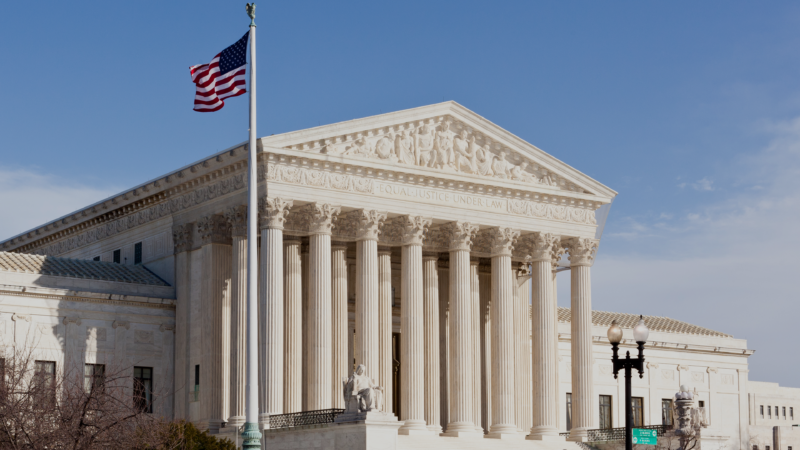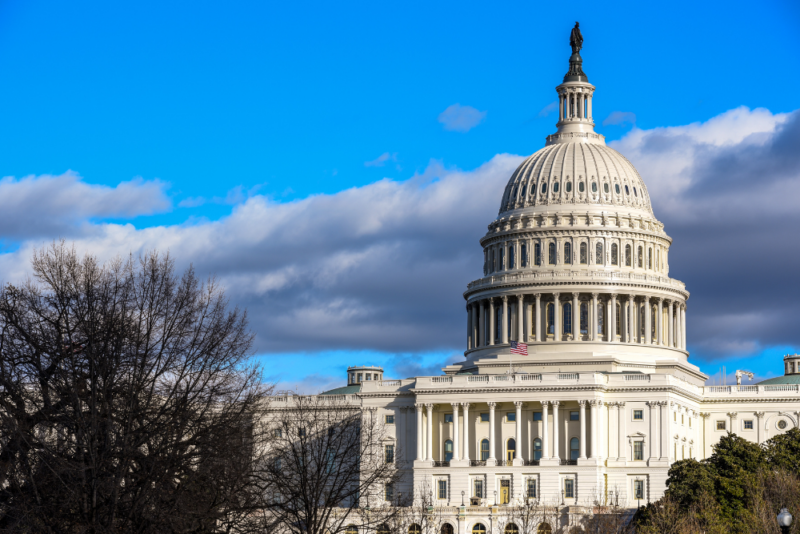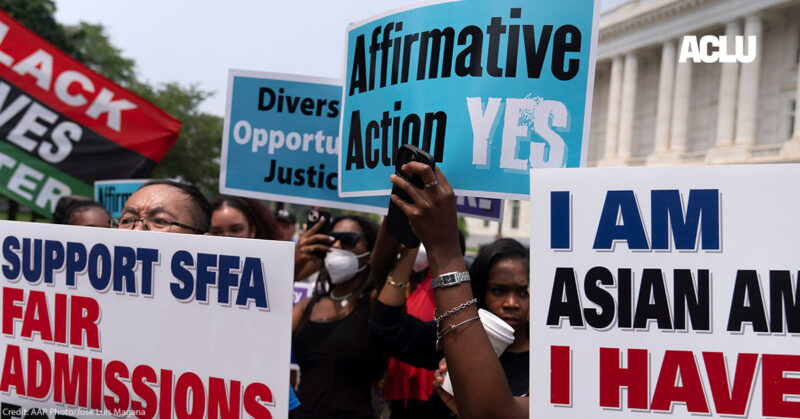Employers are not prevented from requiring all employees physically entering the workplace to be vaccinated for COVID-19. It is important to note, that the COVID-19 vaccinations are currently being manufactured and administered under an “Emergency Use Authorization” which is not the same as full vaccine licensure. Therefore, the general approach to vaccination mandates for COVID-19 are seen differently than mandates for other vaccinations.
That being said, the Americans with Disabilities Act allows an employer to have a qualification standard that includes a requirement that an individual shall not pose a direct threat to the health or safety of individuals in the workplace. An employer must show that an unvaccinated employee’s presence at the workplace “would pose a direct threat due to a ‘significant risk of substantial harm to the health or safety of the individual or others that cannot be eliminated or reduced by reasonable accommodation.’”
To determine whether a direct threat exists, four factors are assessed:
- duration of the risk;
- nature and severity of the potential harm;
- likelihood that the potential harm will occur; and
- imminence of the potential harm.
Further, an employer cannot exclude an unvaccinated employee from the workplace – or take any other action – unless there is no way to provide a reasonable accommodation (absent undue hardship) that would eliminate or reduce this risk so the unvaccinated employee does not pose a direct threat. This is subject to reasonable accommodations for those who are unable to be vaccinated because of a protected legal right. This is defined as a disability or sincerely held religious belief unless those accommodations would pose an undue hardship on the operations of the business. An example of reasonable accommodations includes having an unvaccinated employee who enters the office wear a face mask, work at a social distance from others, work a modified shift, get periodic COVID-19 tests, or be given the opportunity to telework.
Connect with McKenna Heath below to discuss your specific questions gratis.
Related Frequently Asked Questions
- Can I get reimbursed for the vaccine? The vaccine is provided free of charge to all individuals by the federal government, with or without insurance.
- If my employer requires me to get the vaccine, is the time spent getting the vaccine compensable working time? Massachusetts defines “working time” as all time during which an employee is required to be on the employer’s premises or at any other location. If you are required to receive the vaccine at a specific location, date, and/or time, that is likely considered compensable working time. If your employer only requires proof of vaccine, but does not mandate when, where, or how you obtain it, that time is likely NOT compensable.
- If my employer requires me to get the vaccine, can I be reimbursed for my mileage to and from the vaccination site? The same reasoning to question two applies here. An employee who regularly works at one location who is required to report to another location other than their regular workplace, must be reimbursed for associated travel expenses. If you are required to receive the vaccine at a specific location, date, and/or time, that is likely considered reimbursable. If your employer only requires proof of vaccine, but does not mandate when, where, or how you obtain it, that mileage is likely NOT reimbursable.
- May an employer ask all employees entering the workplace if they have been diagnosed with or tested for COVID-19? Yes. Employers may ask all employees who will be physically entering the workplace if they have COVID-19, symptoms of COVID-19, and/or if they have been tested for COVID-19. An employer may exclude those with COVID-19 or symptoms of COVID-19 from the workplace because, as the EEOC provides, their presence would pose a threat to the health or safety of others.
- May an employer ask all employees who are teleworking whether they have been diagnosed with or tested for COVID-19? If you are teleworking and are not physically interacting with coworkers or others (i.e. customers), your employer is generally NOT be permitted to ask these questions.
- May an employer withdraw a job offer when it needs the applicant to start immediately but the individual has COVID-19 or symptoms of COVID-19? The employer may withdraw the job offer because under current CDC guidance, the applicant cannot safely enter the workplace.
Check out some of our latest publications.
- NVCA FORMS: What Are They and Why Should You Care?

- What is a Provisional Patent Application?

- CLIENT ALERT: Supreme Court Rejects Rule Requiring Majority-Group Plaintiffs To Meet Higher Evidentiary Standard for Title VII Claims

- Executive Order Seeks to Eliminate Disparate Impact Liability in Title VI & VII Enforcement Actions

- Client Update – Executive Order Upends Affirmative Action For Federal Contractors and Opens Door to False Claim Act Liability

- How to Find Venture Capital for Early-Stage Scaling Companies

